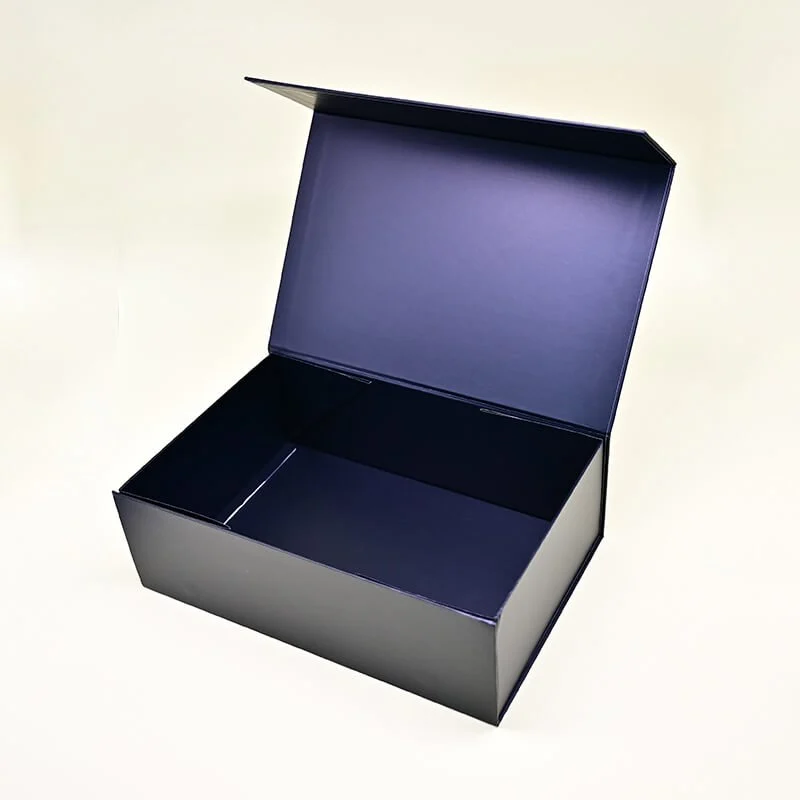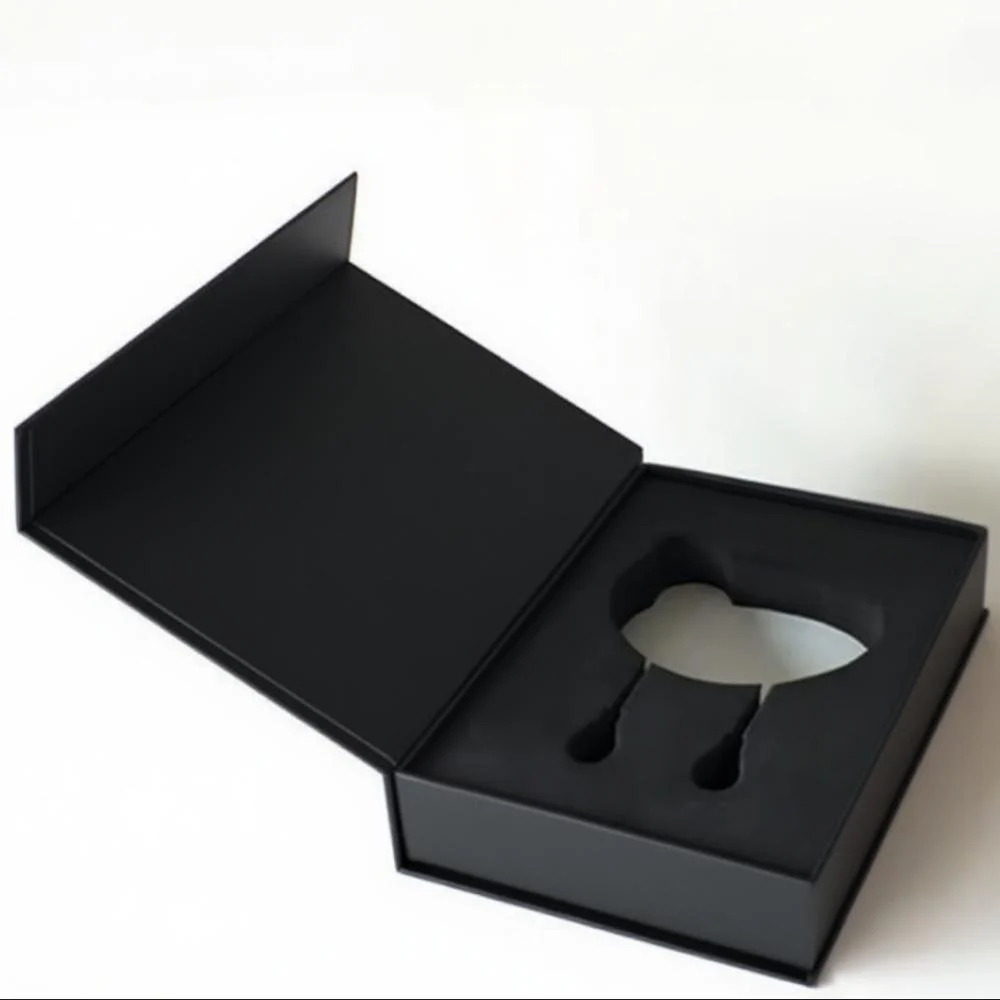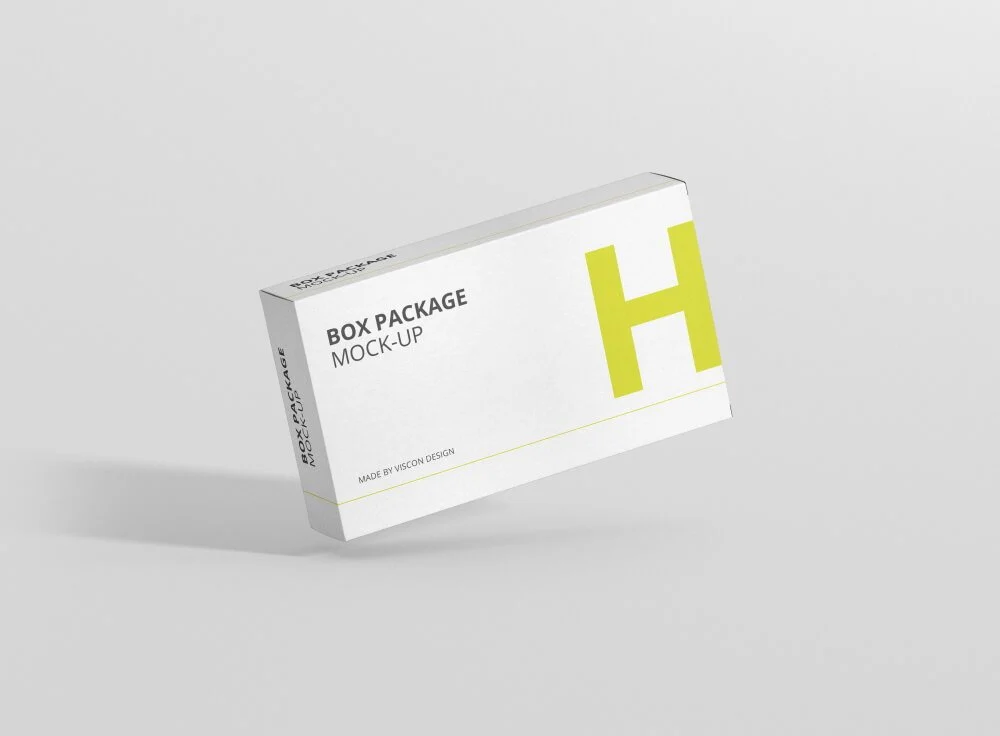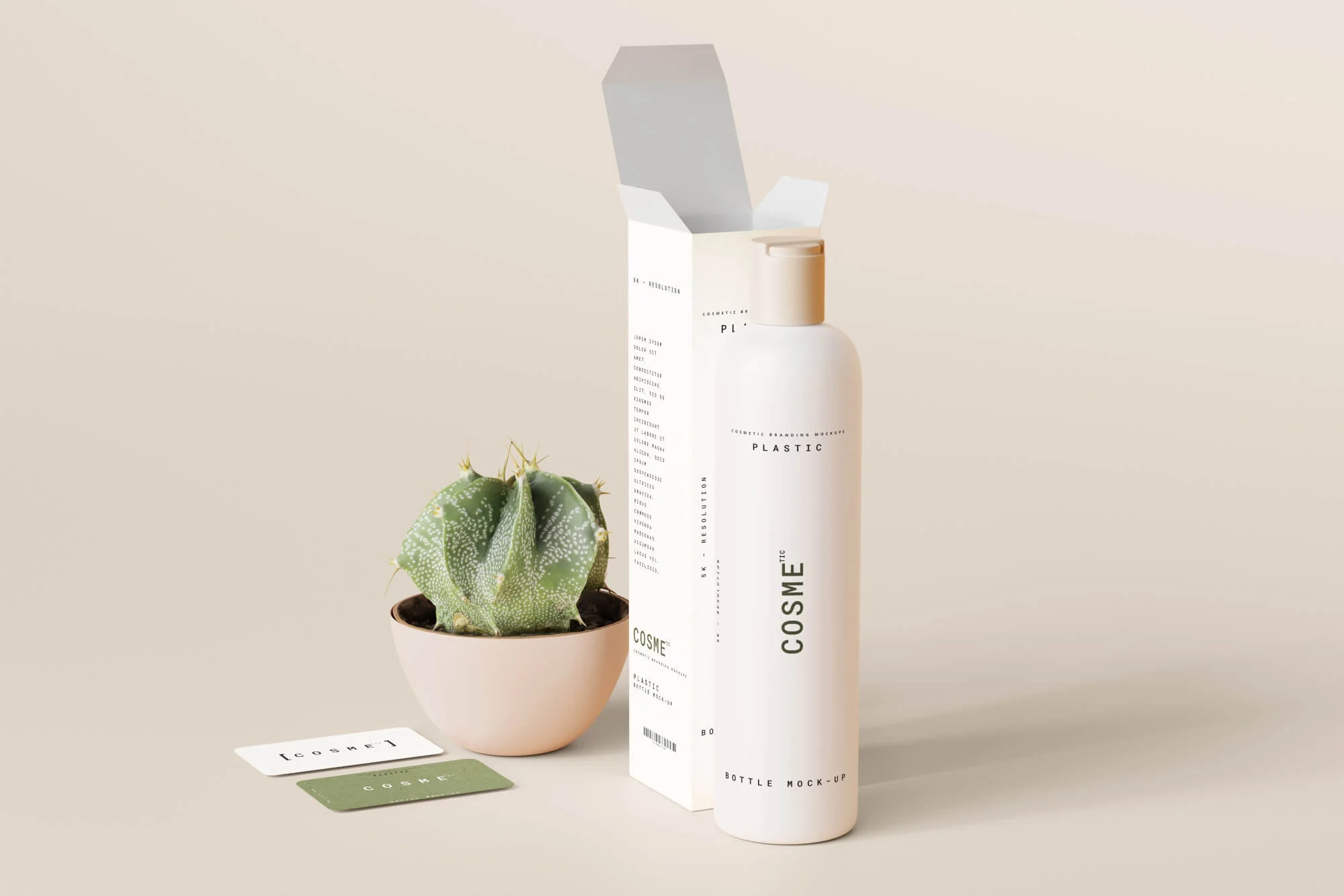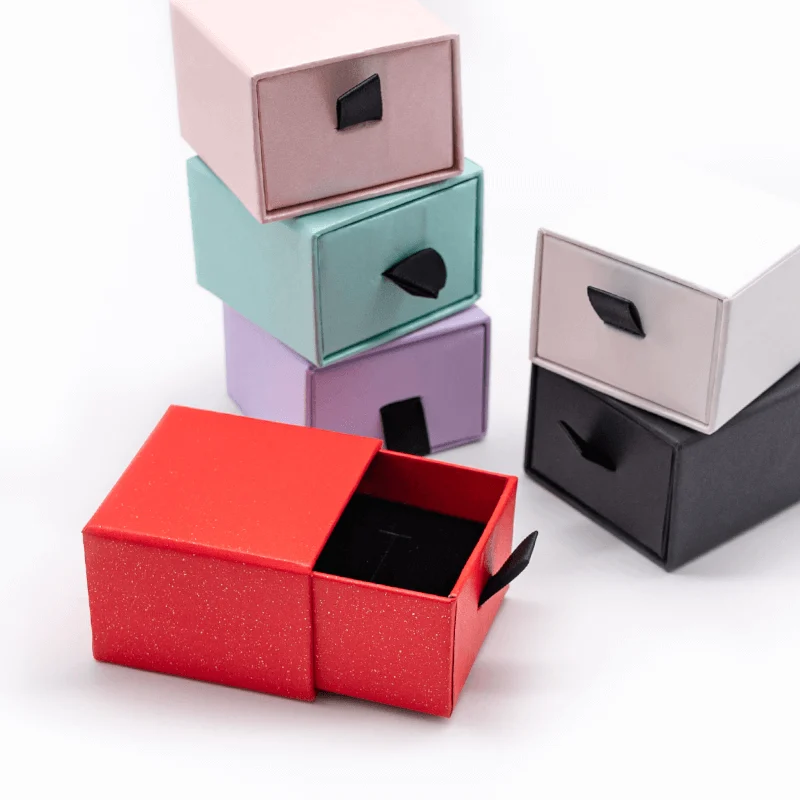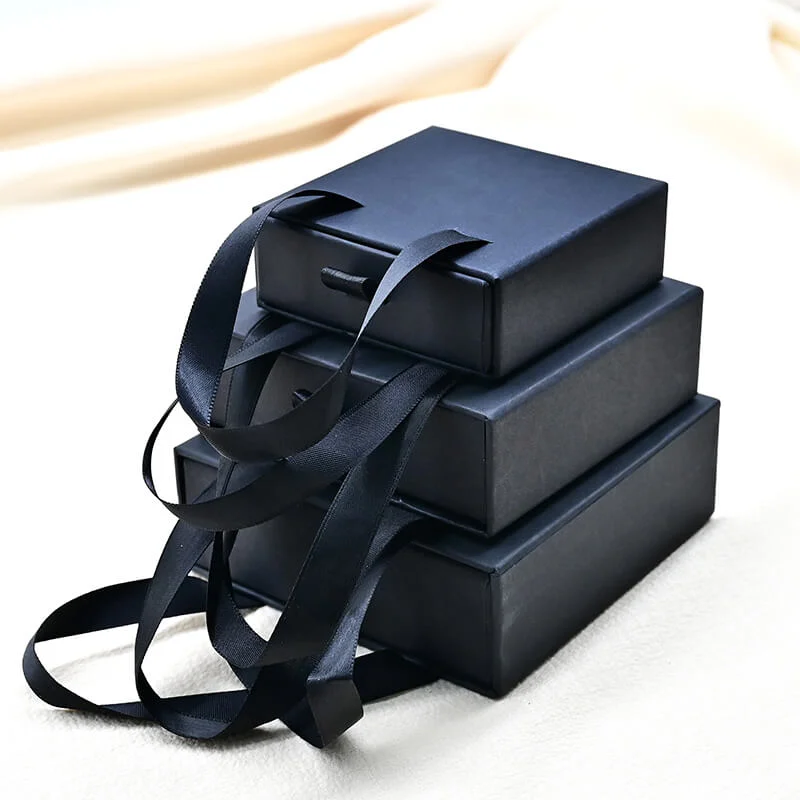Carton packaging is one of the most commonly used types of packaging for a wide range of products. Whether for food, electronics, cosmetics, or e-commerce shipments, cartons provide essential protection and versatility. In this guide, we’ll explore what carton packaging is, its benefits, types, and how to choose the right carton packaging for your products.
1. What is Carton Packaging?
Carton packaging refers to a broad category of packaging made from cardboard or paperboard material, designed to protect and contain products during storage, shipping, and retail display. Cartons are typically lightweight, durable, and customizable, making them an ideal choice for various industries.
There are two main types of carton packaging: single-wall cartons and double-wall cartons, with variations like corrugated cartons and folding cartons. Cartons can be used for everything from food packaging to electronics and luxury goods, offering both protective and marketing advantages.
2. Benefits of Carton Packaging
Carton packaging offers several advantages that make it a popular choice among businesses and manufacturers:
- Cost-Effective: Carton boxes are generally affordable to produce and lightweight, which can help reduce shipping costs. Additionally, they are easy to store due to their flat design before being assembled.
- Eco-Friendly: Many cartons are made from recycled materials and are recyclable themselves, making them an environmentally friendly packaging choice. This appeals to consumers who prioritize sustainability.
- Customization: Carton packaging can be fully customized in terms of size, design, and branding. From printed logos to vibrant graphics, cartons allow businesses to showcase their brand identity and attract attention on store shelves or during shipping.
- Protection and Durability: Despite their lightweight nature, carton packaging provides excellent protection for products. The materials used, especially corrugated board, are strong enough to prevent damage during transportation and handling.
- Versatility: Carton packaging can be used for a variety of products, including food, clothing, electronics, and pharmaceuticals. Its versatility is one of the key reasons it’s so widely used in various industries.
3. Types of Carton Packaging
There are several types of carton packaging, each designed for different purposes and product requirements:
- Corrugated Cartons: These are made from a fluted layer of cardboard between two flat layers. Corrugated cartons are often used for shipping and storage as they offer a higher level of strength and durability compared to other types of cartons. They are ideal for heavier or fragile items that need extra protection.
- Folding Cartons: Folding cartons are a type of packaging that is pre-scored and flat before being folded into shape. They are commonly used for retail packaging, such as for food, cosmetics, and pharmaceuticals. They are lightweight and can be customized with various printing options to enhance branding.
- Rigid Boxes: Though similar in appearance to folding cartons, rigid boxes are made from a much thicker, sturdier material. These are often used for premium packaging, such as for high-end electronics, watches, or cosmetics. Rigid boxes provide additional protection and an upscale feel to the product.
- Tuck End Cartons: These cartons feature a tuck flap on both ends, which secures the packaging without the need for adhesive or glue. They are commonly used for smaller retail products, such as food items, pharmaceuticals, and cosmetics.
- Die-Cut Cartons: These cartons are cut into specific shapes using a die, making them ideal for custom packaging. They offer unique, eye-catching designs and can be tailored to fit any product, providing both functionality and aesthetic appeal.
4. Factors to Consider When Choosing Carton Packaging
When selecting the right carton packaging for your products, consider the following factors:
- Product Protection: The primary purpose of any packaging is to protect the product. If your products are fragile or heavy, choose a sturdier option, such as corrugated or double-wall cartons. If the product is lighter and less prone to damage, folding cartons may be sufficient.
- Weight and Size: Make sure the carton is the right size for your product. Cartons that are too large or too small can increase the risk of damage during shipping. Custom carton sizes ensure a snug fit for your product, reducing movement inside the box and improving protection.
- Printing and Branding: Carton packaging is an excellent medium for brand marketing. Consider how your design will be printed on the carton. High-quality printing techniques such as offset printing or digital printing can help create vibrant, attractive packaging that stands out on store shelves.
- Sustainability: If sustainability is important to your brand, opt for cartons made from recycled materials or those that are easily recyclable. Many consumers today are increasingly concerned about the environmental impact of packaging, and choosing eco-friendly materials can improve your brand’s reputation.
5. Applications of Carton Packaging
Carton packaging is used in a variety of industries due to its strength, versatility, and customizability. Some common applications include:
- Food Packaging: Cartons are commonly used for packaging dry foods, beverages, and frozen goods. Their ability to protect against contamination and provide a sturdy barrier to external elements makes them ideal for food products.
- Electronics: Carton boxes, especially corrugated ones, are used for packaging electronic products. They protect delicate components from damage during shipping while also providing a surface for branding.
- Cosmetics and Pharmaceuticals: Folding cartons are widely used in the beauty and pharmaceutical industries. They provide a secure enclosure for bottles, tubes, and jars, and can be customized with branding, instructions, and other necessary information.
- E-Commerce Shipping: Cartons are a preferred choice for e-commerce packaging. They provide a cost-effective and reliable option for shipping products to customers. Cartons can also be customized with branding for a memorable unboxing experience.
6. Conclusion
Carton packaging remains a cornerstone of the packaging industry, offering durability, cost-efficiency, and versatility. Whether you are shipping products to customers or displaying them on retail shelves, cartons provide the necessary protection while enhancing your brand’s visibility. From eco-friendly options to custom designs, carton packaging is a reliable solution for businesses in a variety of industries.
When choosing carton packaging, it’s important to consider the type of product you are packaging, the level of protection required, and your brand’s sustainability goals. With the right carton, you can ensure your products are well-protected and presented in the best possible light.
Carton packaging is one of the most commonly used types of packaging for a wide range of products. Whether for food, electronics, cosmetics, or e-commerce shipments, cartons provide essential protection and versatility. In this guide, we’ll explore what carton packaging is, its benefits, types, and how to choose the right carton packaging for your products.
1. What is Carton Packaging?
Carton packaging refers to a broad category of packaging made from cardboard or paperboard material, designed to protect and contain products during storage, shipping, and retail display. Cartons are typically lightweight, durable, and customizable, making them an ideal choice for various industries.
There are two main types of carton packaging: single-wall cartons and double-wall cartons, with variations like corrugated cartons and folding cartons. Cartons can be used for everything from food packaging to electronics and luxury goods, offering both protective and marketing advantages.
2. Benefits of Carton Packaging
Carton packaging offers several advantages that make it a popular choice among businesses and manufacturers:
- Cost-Effective: Carton boxes are generally affordable to produce and lightweight, which can help reduce shipping costs. Additionally, they are easy to store due to their flat design before being assembled.
- Eco-Friendly: Many cartons are made from recycled materials and are recyclable themselves, making them an environmentally friendly packaging choice. This appeals to consumers who prioritize sustainability.
- Customization: Carton packaging can be fully customized in terms of size, design, and branding. From printed logos to vibrant graphics, cartons allow businesses to showcase their brand identity and attract attention on store shelves or during shipping.
- Protection and Durability: Despite their lightweight nature, carton packaging provides excellent protection for products. The materials used, especially corrugated board, are strong enough to prevent damage during transportation and handling.
- Versatility: Carton packaging can be used for a variety of products, including food, clothing, electronics, and pharmaceuticals. Its versatility is one of the key reasons it’s so widely used in various industries.
3. Types of Carton Packaging
There are several types of carton packaging, each designed for different purposes and product requirements:
- Corrugated Cartons: These are made from a fluted layer of cardboard between two flat layers. Corrugated cartons are often used for shipping and storage as they offer a higher level of strength and durability compared to other types of cartons. They are ideal for heavier or fragile items that need extra protection.
- Folding Cartons: Folding cartons are a type of packaging that is pre-scored and flat before being folded into shape. They are commonly used for retail packaging, such as for food, cosmetics, and pharmaceuticals. They are lightweight and can be customized with various printing options to enhance branding.
- Rigid Boxes: Though similar in appearance to folding cartons, rigid boxes are made from a much thicker, sturdier material. These are often used for premium packaging, such as for high-end electronics, watches, or cosmetics. Rigid boxes provide additional protection and an upscale feel to the product.
- Tuck End Cartons: These cartons feature a tuck flap on both ends, which secures the packaging without the need for adhesive or glue. They are commonly used for smaller retail products, such as food items, pharmaceuticals, and cosmetics.
- Die-Cut Cartons: These cartons are cut into specific shapes using a die, making them ideal for custom packaging. They offer unique, eye-catching designs and can be tailored to fit any product, providing both functionality and aesthetic appeal.
4. Factors to Consider When Choosing Carton Packaging
When selecting the right carton packaging for your products, consider the following factors:
- Product Protection: The primary purpose of any packaging is to protect the product. If your products are fragile or heavy, choose a sturdier option, such as corrugated or double-wall cartons. If the product is lighter and less prone to damage, folding cartons may be sufficient.
- Weight and Size: Make sure the carton is the right size for your product. Cartons that are too large or too small can increase the risk of damage during shipping. Custom carton sizes ensure a snug fit for your product, reducing movement inside the box and improving protection.
- Printing and Branding: Carton packaging is an excellent medium for brand marketing. Consider how your design will be printed on the carton. High-quality printing techniques such as offset printing or digital printing can help create vibrant, attractive packaging that stands out on store shelves.
- Sustainability: If sustainability is important to your brand, opt for cartons made from recycled materials or those that are easily recyclable. Many consumers today are increasingly concerned about the environmental impact of packaging, and choosing eco-friendly materials can improve your brand’s reputation.
5. Applications of Carton Packaging
Carton packaging is used in a variety of industries due to its strength, versatility, and customizability. Some common applications include:
- Food Packaging: Cartons are commonly used for packaging dry foods, beverages, and frozen goods. Their ability to protect against contamination and provide a sturdy barrier to external elements makes them ideal for food products.
- Electronics: Carton boxes, especially corrugated ones, are used for packaging electronic products. They protect delicate components from damage during shipping while also providing a surface for branding.
- Cosmetics and Pharmaceuticals: Folding cartons are widely used in the beauty and pharmaceutical industries. They provide a secure enclosure for bottles, tubes, and jars, and can be customized with branding, instructions, and other necessary information.
- E-Commerce Shipping: Cartons are a preferred choice for e-commerce packaging. They provide a cost-effective and reliable option for shipping products to customers. Cartons can also be customized with branding for a memorable unboxing experience.
6. Conclusion
Carton packaging remains a cornerstone of the packaging industry, offering durability, cost-efficiency, and versatility. Whether you are shipping products to customers or displaying them on retail shelves, cartons provide the necessary protection while enhancing your brand’s visibility. From eco-friendly options to custom designs, carton packaging is a reliable solution for businesses in a variety of industries.
When choosing carton packaging, it’s important to consider the type of product you are packaging, the level of protection required, and your brand’s sustainability goals. With the right carton, you can ensure your products are well-protected and presented in the best possible light.

